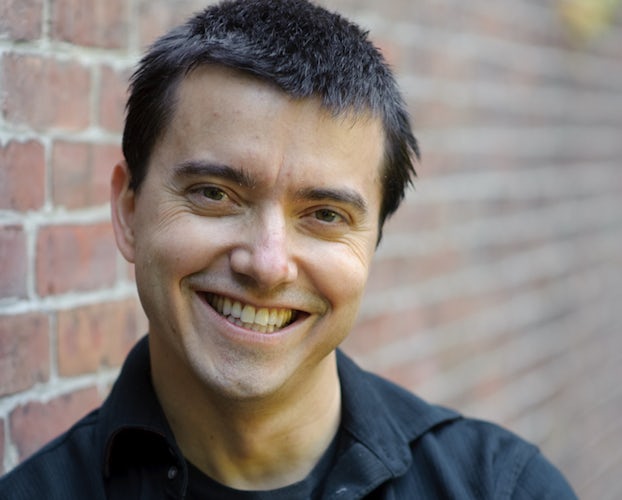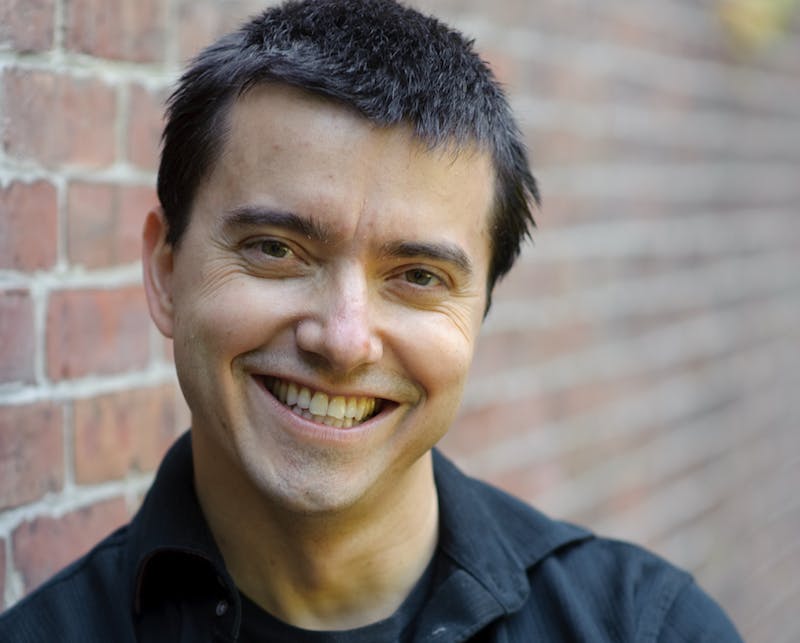Pierre-Loic Assayag is CEO & Co-founder at Traackr, an influencer marketing platform.
We caught up with him to find out why he calls himself a “recovering marketer” and what advice he would give to those starting out.
Please describe your job: What do you do?
As a self-professed “recovering marketer”, I consider it my passion and job to help marketing evolve from an automated, programmatic model to one that acknowledges the voice of the consumer based on cultivating valuable relationships and that willingly trades control of the creative process for business impact.
My job today is to continue building Traackr to be the strategic partners to brands who are investing strategically in influencer marketing and need technology and expertise to realize their ambitions.

Whereabouts do you sit within the organisation? Who do you report to?
As CEO, my remit is to ensure our employees, customers and investors thrive.
What kind of skills do you need to be effective in your role?
As the CEO of a growing technology company in an emerging category, I need to be half philosopher, half navy seal: find the presence of mind to anticipate and affect the evolution of the market to make sure our business is prepared to lead the way, meanwhile, be decisive on key levers for Traackr to push or pull.
Tell us about a typical working day…
There is a typical day on-the-road and a typical day at our San Francisco office where I am based. When I am in California, my days start at 5AM and I spend the first five hours maximizing my time with our customers and team based in Europe. Late mornings are for NYC. I’m an advocate for walking meetings, so a great day includes getting in 10,000 steps while brainstorming with my team.
What do you love about your job? What sucks?
One of our hiring principles is to “hire up”, to always find people that raise the bar and make us smarter. The best part of my job is when I see people on my team bringing an idea to life or enhancing something we do and thinking that they did a better job than I ever could at it.
I have an unusual ability to simplify complex situations and problems to focus on their essence. The worst part of my job (and life in general) is when I have to spend time and energy dealing with issues that shouldn’t exist to begin with.
What kind of goals do you have? What are the most useful metrics and KPIs for measuring success?
This is an interesting question given that we are all in the midst of 2020 planning… My goal is to make Traackr the indispensable platform to companies embracing the notion of people-powered marketing whether they were born in it or have migrated to it. The way I measure success is our market share within the segment described above.
What are your favourite tools to help you to get the job done?
I’ve learned a lot from the software engineering industry, including how to run effective meetings and manage complex projects. For example, we’ve adopted the concept of “retrospectives” for managing our Leadership Team initiatives.
I’m also a huge fan of Trello, which I discovered from our product team. Today, we use it across the organization and I personally organize my priorities with it. It’s the one “to-do management” system that I’ve stuck with over the years.
How did you end up founding Traackr, and where might you go from here?
I started my career in marketing for Procter & Gamble and Peugeot in Europe, before immigrating to the United States from France, by way of the UK and Spain. Today, I refer to myself as a “recovering marketer” because when I started out in marketing it was during the time of traditional marketing, referred to as the “art of persuasion,” which never made sense to me. It always felt that the one-way marketing success was due to a lack of alternatives.
When my cofounder, David Chancogne and I set out to build Traackr 10 years ago, we saw an opportunity to organize the web, not by pages, but by people. That premise is what created the foundation for Traackr, which today powers influencer marketing for top brands around the world who are passionate about staying relevant to their consumers.
After Traackr, I want to solve the problem of fake news.
Which campaigns have impressed you lately?
I’m very impressed by companies who are living their brand values and striving to be as authentic as possible. Notable examples of this include Nike’s work with Colin Kaepernick and Calvin Klein’s support of the LGBTQ community. These are two cases where the brands have connected a sense of purpose to their business in a way that meaningfully impacts their community.
What advice would you give a marketer starting out today?
The brands that are winning and will continue to win are the ones who put people at the heart of their marketing. The age of persuasion is over. To succeed as a marketer today you need to cultivate your sense of empathy and learn how to translate brand purpose into meaningful programs.







